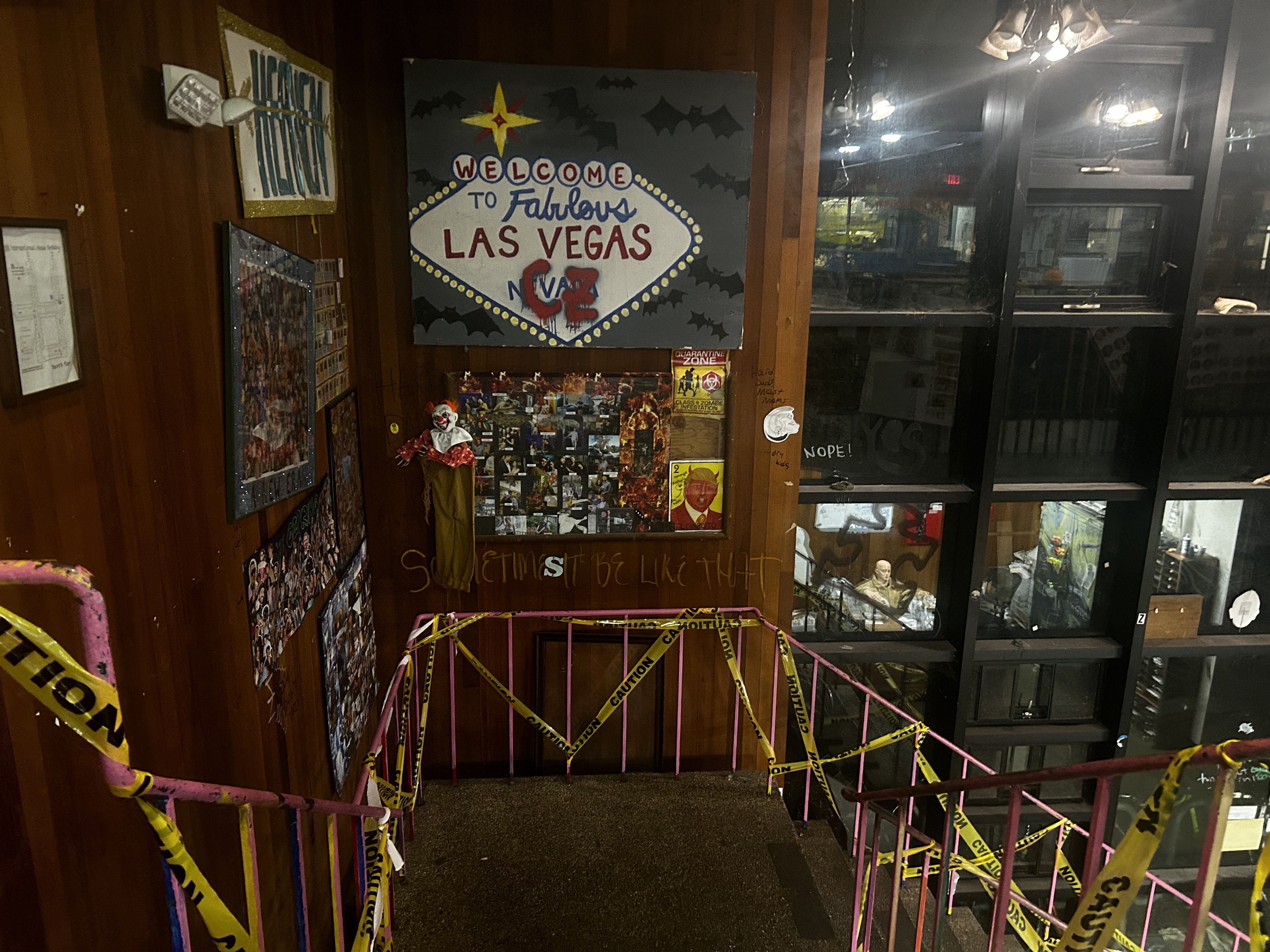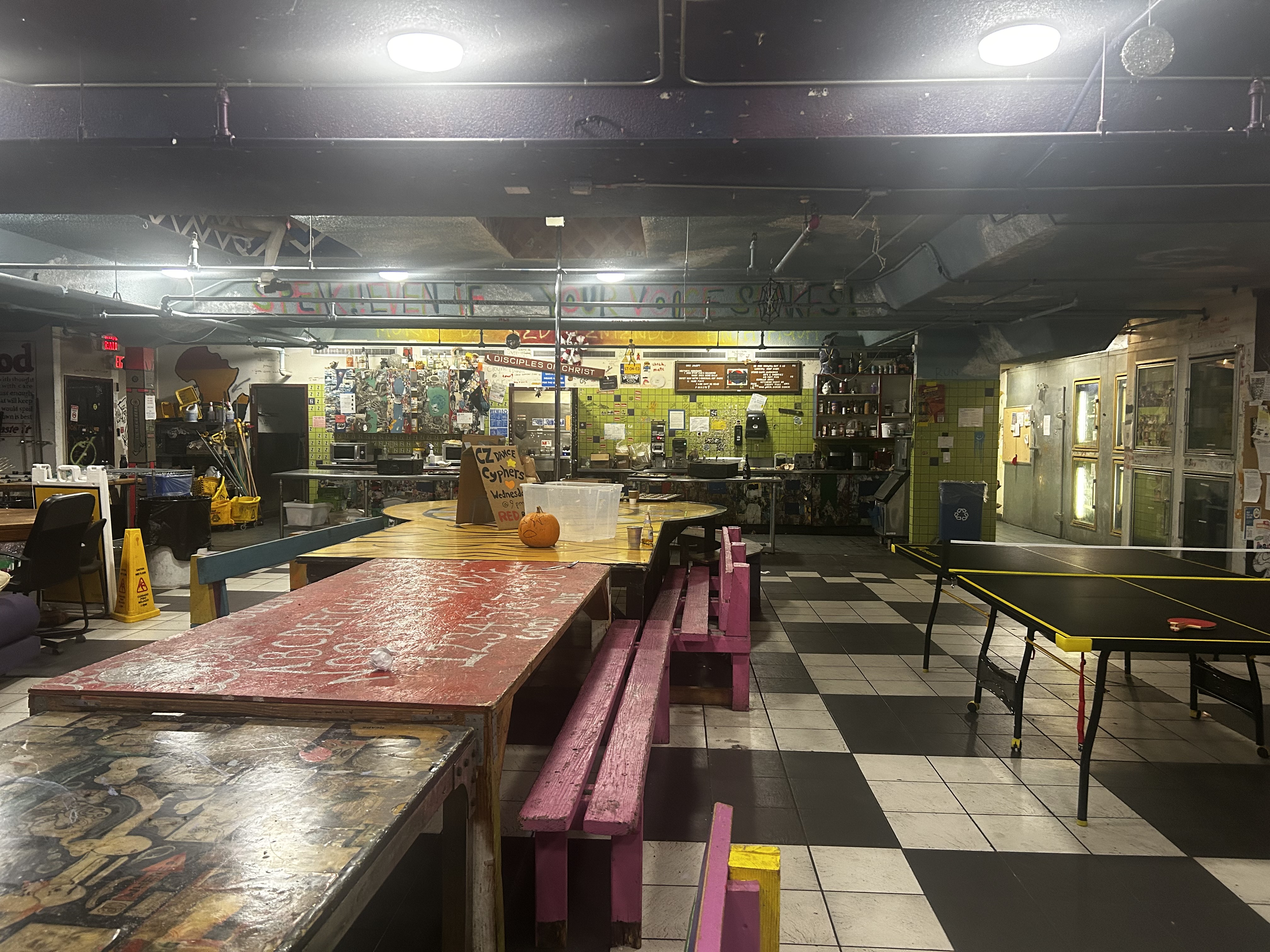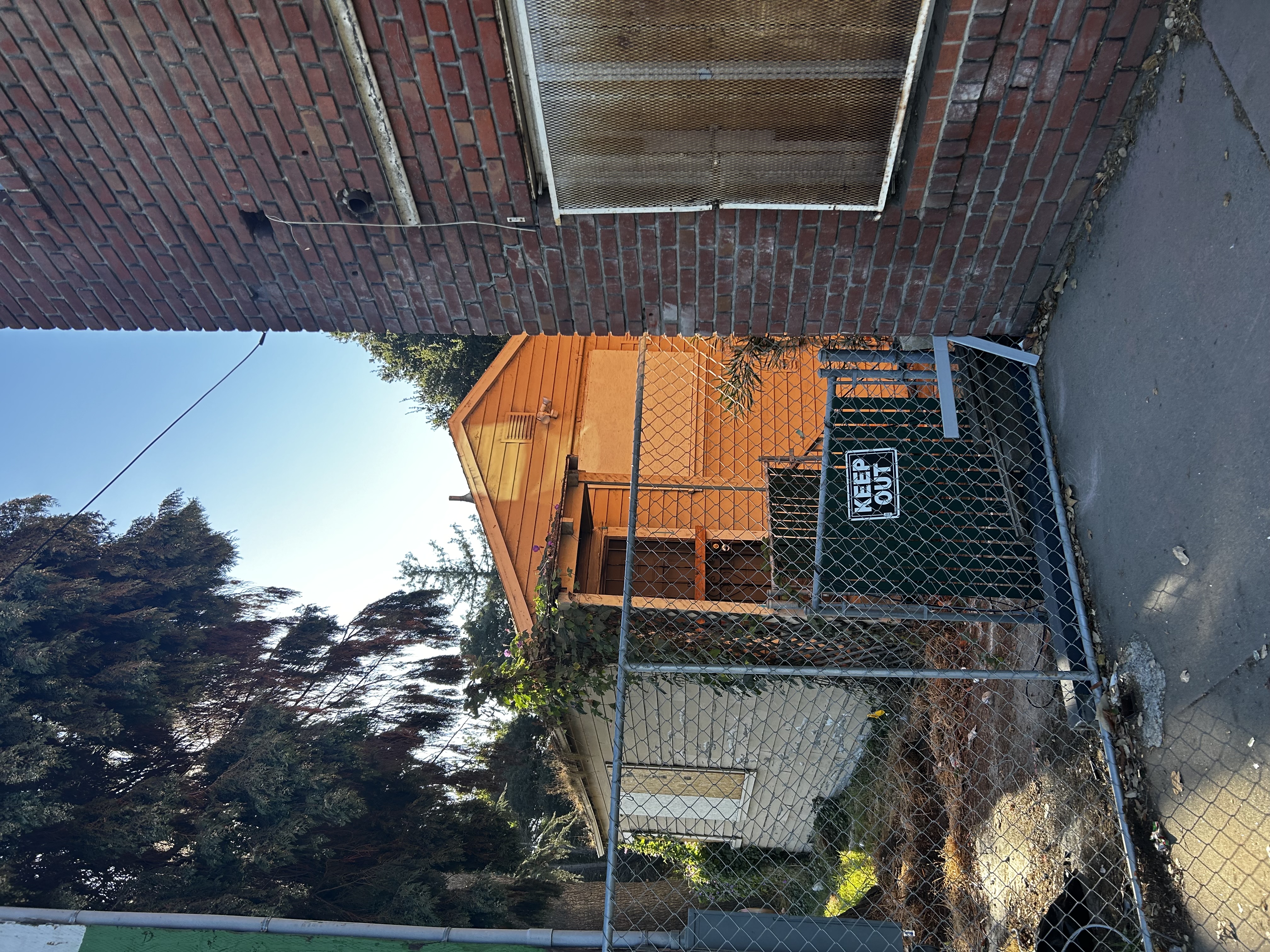1. Maya Howard
Sound Walk #1: Bushy Dell Creek

In this soundwalk, you will accompany me as I travel from Piedmont Park, down through the neighborhood of Piedmont and into Oakland, landing at Lake Merrit. In Piedmont Park, Bushy Dell Creek is above ground and thriving. You will hear it babbling in the background, and ocassionally in the foreground, of the first half of the soundwalk. This, along with other sounds of nature such as leaves crunching and birds singing, should act as markers of the type of landscape I occupy in these moments. Alongside sounds of nature you will hear auditory clues about the uses of the spaces that I am walking through, and who has access to them.
As I move into the surrounding neighborhood and then into Oakland you will hear signs of the landscape changing, becoming more populated and then more urban. You may hear many voices on top of one another, rather than singular conversations. The sounds of traffic in the background will replace the sounds of the creek and birds. As you listen, try to hypothesize what the places I am moving through might look or feel like, based only on what you can hear. I have intentionally chosen not to include photos of this soundwalk, so that you can try to gather visual information solely from the audio.

Soundwalk #2: Pinole Creek
This soundwalk documents our exploration of Pinole creek and the city of Pinole. You will hear us travel from the creek, through neigborhoods, a water treatment plant, and finally to the bay. As you listen to this soundwalk I want you to pay special attention to the sounds that are not in the immediate “foreground” of the sonic landscape. Many of us who live in cities have become accustomed to the white noise of traffic that is a near-constant in urban areas, and we often don’t even notice it anymore. In some cases though, this background noise can tell us more about a place than the sounds that demand more obvious attention. What can background noise tell us about a place?

Soundwalk #3: Casa Zimbabwe Co-Op
This soundwalk was recorded at my house, Casa Zimbabwe. Casa Zimbabwe, or CZ for short, is a student coop housing about 126 people each semester. It was one of the very first co-ed student housing options in the nation, and was the very first co-op in the United States that was built with the specific purpose of being a co-op. Over the years CZ has become somewhat of a cultural phenomenon, known for its mural-covered walls, wild social scene, and for being a little bit gross at all times. I have lived there for about two years, and have come to love and embrace what a unique and special place it is.
![]()


Most of the clips you hear in this soundwalk were recorded around lunchtime on a weekday, one of the quietest times in the house as most people are out at classes or jobs. The soundwalk begins outside, in order to show the contrast between the quiet neighborhood of North Berkeley and the much less quiet interior of CZ. You will hear me moving to, from, and around the kitchen, which serves as a sort-of thematic center to this soundwalk as well as the true heart of my house. You will also notice that in almost every moment there is music playing from some source or another. This is intentional and is there to show the listener what an important role music plays in the culture of the house.
Soundwalk #4: Hayward Creek

This soundwalk takes place throughout the city of Hayward. It is a sort-of haphazard stringing together of all the sounds that make Hayward what it is: a place where community takes care of community. In this soundwalk, you will notice a lot more dialouge than my other soundwalks. Part of that is that at this point, after spending three other days out in the field doing recordings, I had become much more comfortable asking people to talk into the microphone. But, more importantly, it was because I felt that every person I spoke to really wanted to talk to me, wanted to answer my questions about this town that they so clearly love dearly. That sentiment is at the center of this soundwalk, and is hopefully evident as you listen.
![]()
